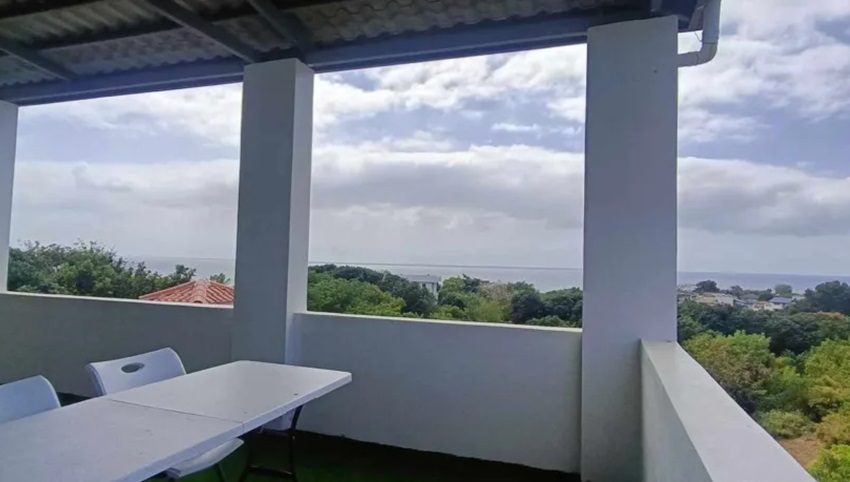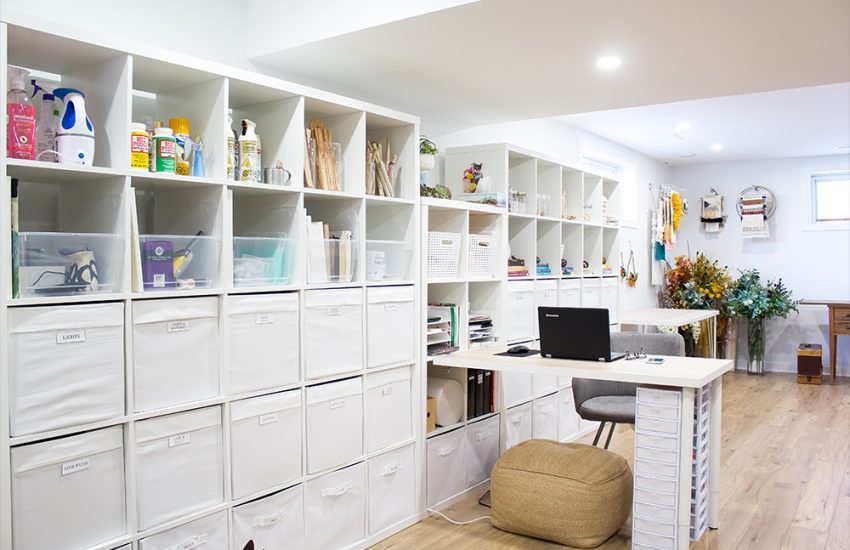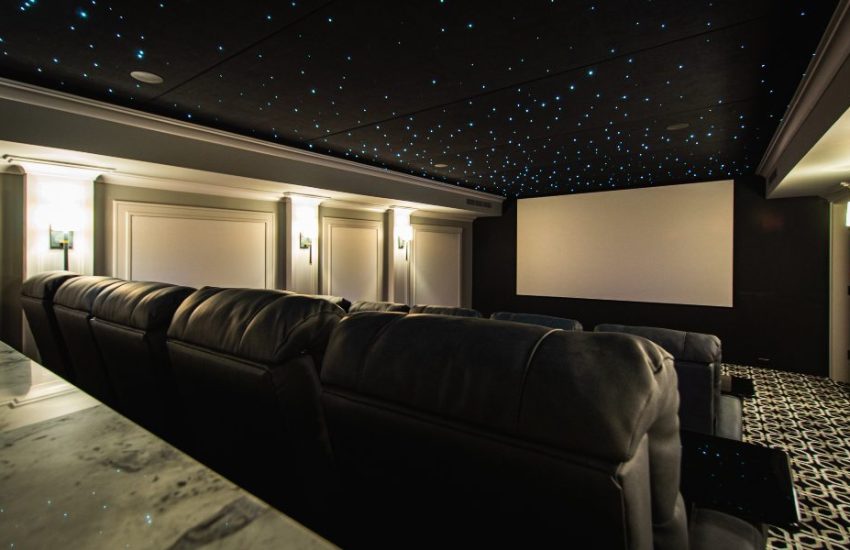Smart Lock vs. Traditional Lock: Which One is Right for You?
Choosing the right lock for your home or business is a critical decision that impacts security, convenience, and your overall lifestyle. In today’s world, you have more options than ever, with smart locks and traditional locks being two prominent choices. In this article, we will compare smart locks and traditional locks, highlighting their respective advantages and helping you determine which one is the best fit for your needs.
Smart Locks: A Modern Approach
Smart locks are technologically advanced, offering a range of features beyond what traditional locks can provide. Here are some key advantages of smart locks:
- Keyless Entry:
Smart locks eliminate the need for physical keys. Instead, they offer various access methods, such as PIN codes, smartphone apps, fingerprint recognition, and even voice commands. This keyless entry feature is incredibly convenient and reduces the risk of losing or misplacing keys.
- Remote Access:
Smart locks can be controlled remotely through a smartphone app. This means you can lock or unlock your door from anywhere with an internet connection. It’s particularly useful for granting access to guests, service providers, or family members when you’re not at home.
- Custom Access Management:
Smart locks allow you to manage access for multiple users with ease. You can assign unique PIN codes or virtual keys to different individuals, control access schedules, and receive notifications when someone uses the lock. This level of customisation enhances security and provides peace of mind.
- Integration with Smart Homes:
Smart locks can seamlessly integrate into your smart home ecosystem. They can work with voice assistants like Amazon Alexa, Google Assistant, or Apple HomeKit, enabling you to lock or unlock your door with voice commands and incorporate your lock into automation routines.
- Security Features:
Many smart locks offer advanced security features, including tamper detection, real-time access logs, and the ability to remotely monitor your lock’s status. They also often include backup access methods, such as PIN codes or physical keys.
Traditional Locks: The Time-Tested Choice
Traditional locks have been the go-to choice for centuries and continue to offer several advantages:
- Simplicity and Reliability:
Traditional locks are simple, durable, and time-tested. They consist of a physical mechanism that is less prone to technological glitches or vulnerabilities. When properly maintained, traditional locks can last for many years.
- Cost-Efficiency:
Traditional locks are generally more cost-effective upfront compared to smart locks, making them an attractive option for budget-conscious individuals or businesses.
- No Power Dependency:
Traditional locks do not rely on power sources like batteries or electricity. This means they remain operational during power outages, ensuring constant access to your property.
- No Learning Curve:
Traditional locks are familiar to everyone and require no learning curve. Guests or service providers can easily understand how to use them without any technological barriers.
- Low Maintenance:
Maintaining traditional locks is straightforward and typically involves occasional lubrication and replacement of worn-out parts. There’s no need to worry about software updates or connectivity issues.
Conclusion: Which One Is Right for You?
The choice between a smart lock and a traditional lock ultimately depends on your specific needs and preferences:
- If you value advanced features, convenience, and integration into a smart home ecosystem, a smart lock may be the better choice.
- If you prioritise simplicity, reliability, and cost-efficiency, a traditional lock may be the more suitable option.
Consider factors like your budget, security requirements, technical proficiency, and lifestyle when making your decision. In some cases, a combination of both types of locks may provide the best balance of security and convenience for your property. Whichever option you choose, it’s essential to prioritise security and regular maintenance to ensure your property remains safe and protected.




